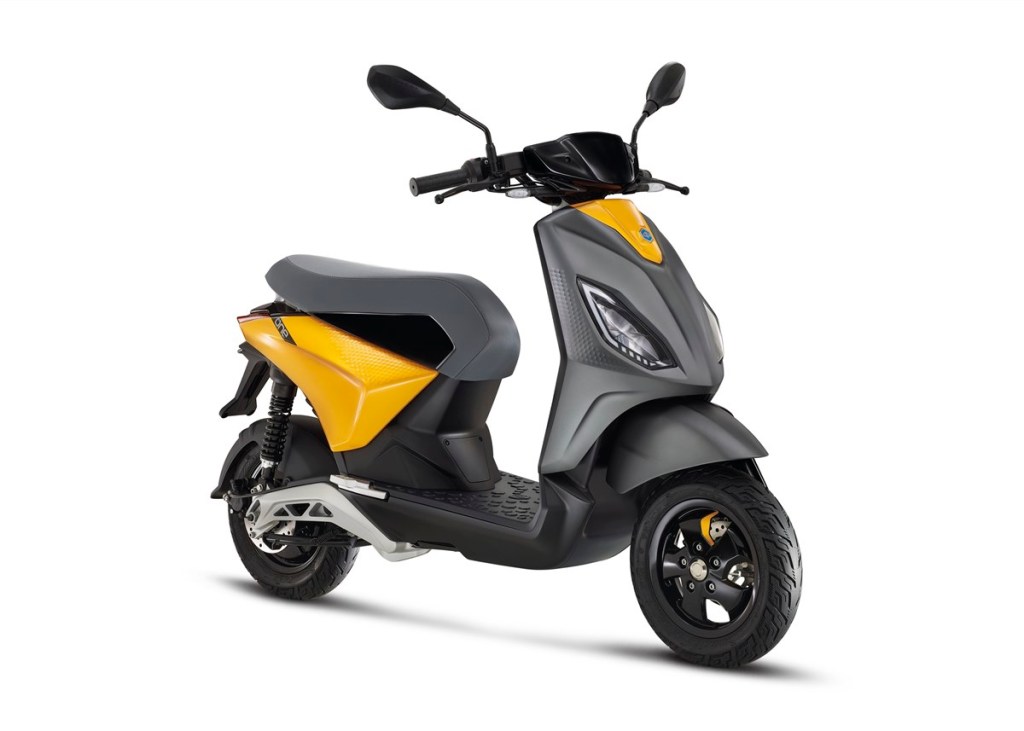While work on electric three-wheelers has started, Piaggio Vehicles said a majority of its vehicles would continue to have traditional engines, and to meet this demand the company has launched new range of models with petrol and CNG fuel options.
The company has set up a new assembly line to make the 300cc engines that were developed in-house by a team in India and Europe. Diego Graffi, chairman and MD, Piaggio India, said it would take two to three years to reach 20-30% electrification levels in the three-wheeler category and all kinds of fuels would coexist in the country. Piaggio would remain fuel agnostic and develop products based on feedback from its customers.
The company had invested in developing the 300 cc engines that were the first of its kind in the category, Graffi said. The new line would have a capacity to make 50,000 to one lakh engines. This is part of the Rs 100-crore investments made by the company to upgrade to BS 6 engines.
The company on Friday launched the Ape HT range of passenger and cargo three -wheelers powered by this 300 cc engine. The CNG option was for customers looking at alternative to the diesel engines.
Graffi said the three-wheeler passenger segment was the worst hit by the pandemic with restricted mobility, offices and schools shut. Demand in this segment had collapsed and a 70-80% recovery could be expected sometime in the second quarter next year.
Saju Nair, EVP and head of commercial vehicle business, Piaggio India said with this launch they would look at a 45-50% market share in the CNG three-wheeler category. The demand for CNG powered three wheelers was driven by the growth in the CNG pumps with the government setting up a target of having 10,000 CNG pumps in the country by 2025, Nair said.
